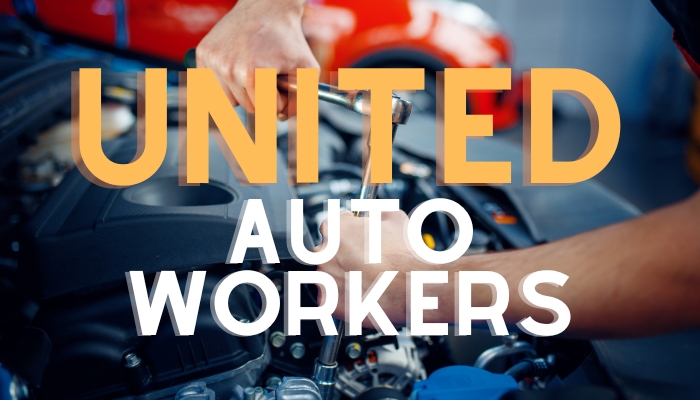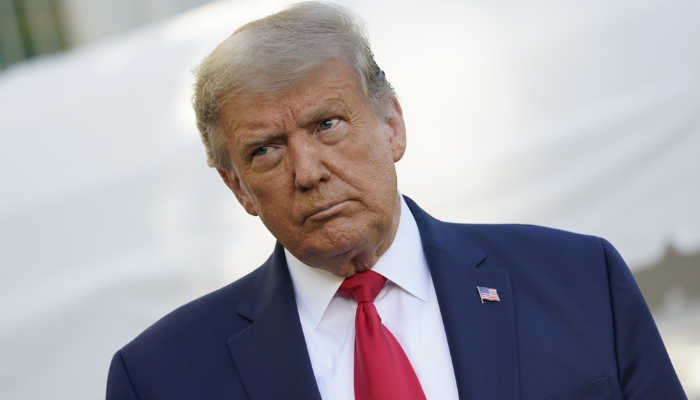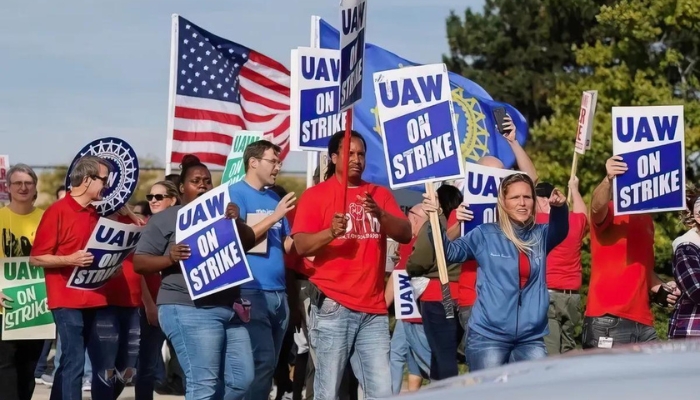Impact of the United Auto Workers Strike on the Economy
Anúncios
As the historic United Auto Workers (UAW) strike officially commences, experts weigh in on the potential effects on the US economy. While there are concerns about the strike’s economic impact, it is unlikely to push the nation into a recession. Gabriel Ehrlich, an economic forecaster at the University of Michigan, pointed out that the unionized segment of the automotive industry, although significant, no longer holds the same sway over the national economy as it once did.
However, the consequences of the strike will largely depend on several factors, including its duration, potential layoffs at other manufacturing plants, the number of workers participating, and the negotiation timeline. UAW President Shawn Fain emphasized that their goal isn’t to cripple the economy but to address income inequality, stating, “The truth is we are going to wreck the billionaire economy.”

Estimates suggest a considerable economic impact without causing economic collapse. For instance, if all United Auto Workers at Ford, General Motors, and Stellantis strike for ten days, it could cost the US economy an estimated $5 billion. Another estimate by Ehrlich suggests a smaller immediate spillover effect, estimating that $440 million in income would be lost nationally if all UAW members strike for two weeks. Should the strike persist for eight weeks, it could result in a $9.1 billion income loss nationwide.
Here are some potential ways the US economy could be affected by the strike:
- Local Business Revenue: Businesses near strike sites may experience a slowdown in revenue since striking UAW members may reduce their usual spending during the strike. This could affect restaurants, retailers, and other establishments dependent on the workforce’s spending.
- Supplier Layoffs: Suppliers working with the Big Three automakers may have to lay off workers if production halts. While automakers are expected to delay canceling orders for necessary parts as long as possible, a prolonged strike may force tier one suppliers to consider layoffs, which could have a cascading effect on tier two suppliers.
- Tax Revenue Decline: With fewer people working due to the strike, the government’s ability to collect tax revenue could be hindered. Reduced tax revenue may impact various programs and services at the state and local levels.
- Higher Car Prices: A prolonged strike could disrupt vehicle production, leading to higher car prices, especially considering the already tight inventory. Consumers may face increased costs when purchasing new vehicles.
It’s worth noting that while the strike’s impact is expected to be significant, it is not anticipated to reach the scale of previous disruptions, such as the Covid-19 pandemic and the computer chip shortages. According to the August Consumer Price Index, new vehicle prices have already risen by almost 3% compared to last year.
As the strike unfolds, economists and industry analysts will closely monitor its developments and assess its broader economic implications. While there are concerns about short-term disruptions, the US economy’s overall resilience and diversification are expected to mitigate the strike’s long-term effects.






